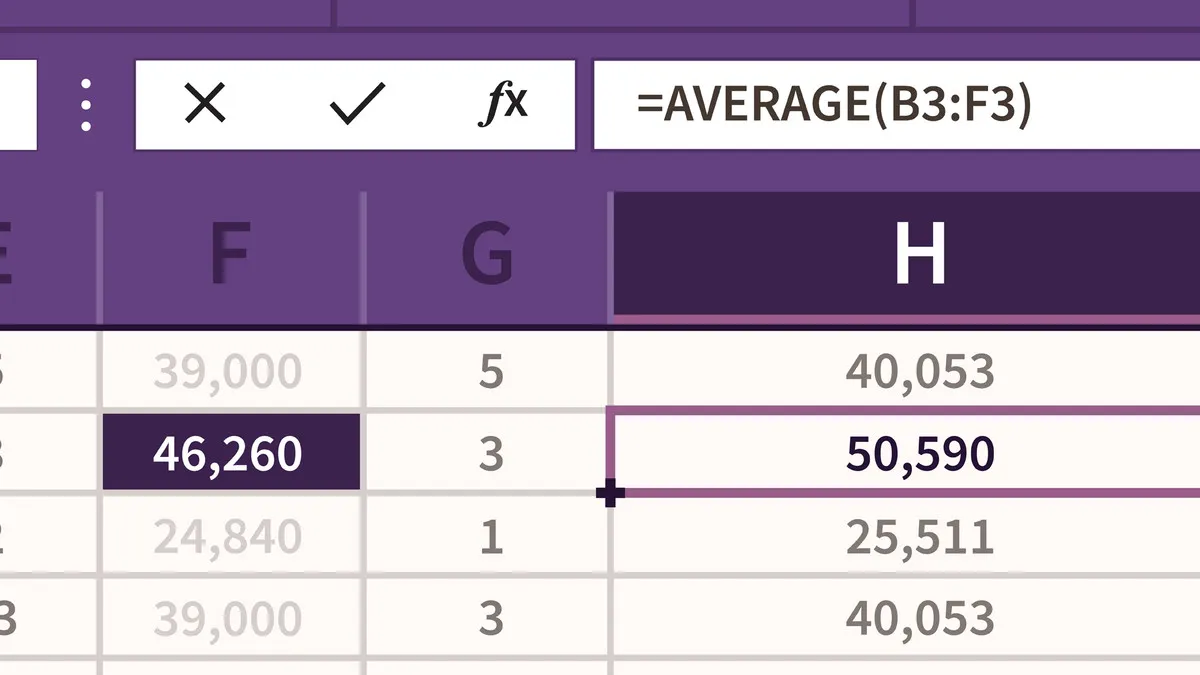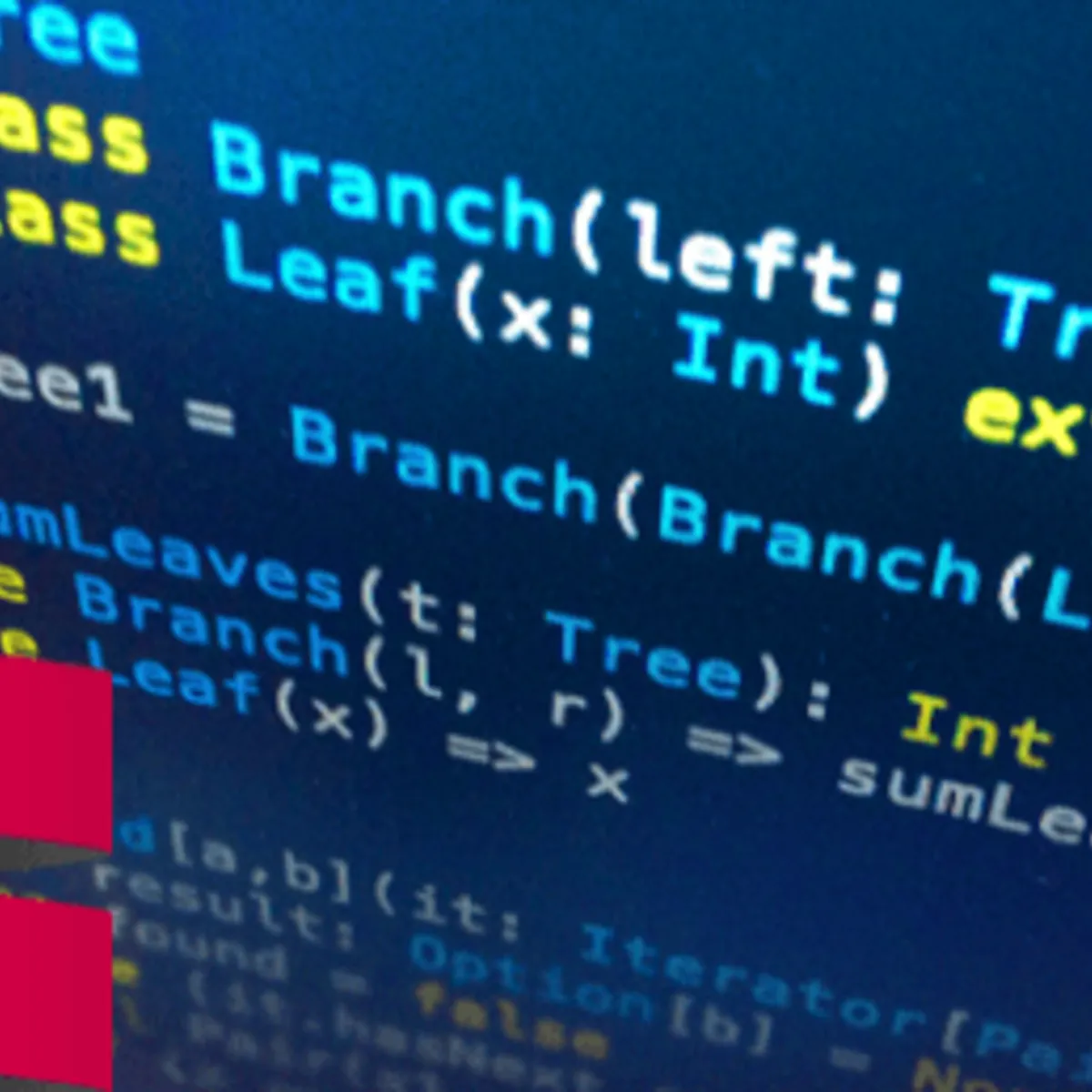
Machine Learning for Time Series Data in Python 
Machine learning and time series data are two powerful tools that can be used together to gain insights into data. This article introduces the fundamentals of machine learning, time series data, and the intersection of the two. It covers the most common features extracted from time series in order to perform machine learning, as well as best practices for using predictive modelling with time series data. Additionally, it covers the fundamentals of generating predictions with models and validating them against "test" data. With this knowledge, you can gain insights into your data before fitting your model. ▼
ADVERTISEMENT
Course Feature
![]() Cost:
Cost:
Free Trial
![]() Provider:
Provider:
Datacamp
![]() Certificate:
Certificate:
No Information
![]() Language:
Language:
English
Course Overview
❗The content presented here is sourced directly from Datacamp platform. For comprehensive course details, including enrollment information, simply click on the 'Go to class' link on our website.
Updated in [June 30th, 2023]
This course provides an introduction to machine learning fundamentals, time series data, and the intersection of the two. Participants will learn about the most common features extracted from time series in order to perform machine learning. They will also discover how to gain insights into the data before fitting their model, as well as best practises for using predictive modelling with time series data. Finally, the course covers the fundamentals of generating predictions with models and validating them against "test" data.
[Applications]
The application of this course can be seen in a variety of fields, such as finance, healthcare, and engineering. It can be used to identify trends in data, predict future values, and detect anomalies. Additionally, it can be used to develop predictive models for forecasting and decision-making. Furthermore, the course provides best practices for using predictive modelling with time series data, which can be applied to a variety of real-world problems.
[Career Paths]
The career path recommended to learners of this course is a Machine Learning Engineer. A Machine Learning Engineer is responsible for developing and deploying machine learning models to solve real-world problems. They must have a strong understanding of machine learning algorithms, data structures, and software engineering principles. They must also be able to design and implement machine learning systems that are robust, scalable, and maintainable.
The development trend for Machine Learning Engineers is to focus on the development of more sophisticated models and algorithms. This includes the use of deep learning, reinforcement learning, and other advanced techniques. Additionally, Machine Learning Engineers must be able to work with large datasets and be able to optimize their models for speed and accuracy. As the demand for machine learning applications increases, Machine Learning Engineers will need to stay up to date with the latest technologies and trends in the field.
[Education Paths]
The recommended educational path for learners interested in Machine Learning for Time Series Data in Python is a Bachelor's degree in Computer Science or a related field. This degree will provide learners with a comprehensive understanding of the fundamentals of computer science, including programming languages, algorithms, data structures, and software engineering. Additionally, learners will gain an understanding of the principles of machine learning, including supervised and unsupervised learning, deep learning, and reinforcement learning.
In addition to the core computer science courses, learners should also take courses in mathematics, statistics, and data science. These courses will provide learners with the necessary skills to understand and analyze time series data, as well as the ability to develop and implement machine learning models.
Finally, learners should take courses specifically related to Machine Learning for Time Series Data in Python. These courses will provide learners with the knowledge and skills to develop and implement machine learning models for time series data. Additionally, learners will gain an understanding of the most common features extracted from time series data in order to perform machine learning, as well as best practices for using predictive modelling with time series data.
The development trend for Machine Learning for Time Series Data in Python is towards more sophisticated models and techniques. As the field of machine learning continues to evolve, so too will the techniques used to analyze time series data. Additionally, as more data becomes available, the need for more sophisticated models and techniques will increase. As such, learners should stay up to date with the latest developments in the field in order to remain competitive.
Course Syllabus
Time Series and Machine Learning Primer
Time Series as Inputs to a Model
Predicting Time Series Data
Validating and Inspecting Time Series Models
Course Provider

Provider Datacamp's Stats at AZClass
Discussion and Reviews
0.0 (Based on 0 reviews)
Explore Similar Online Courses

Successful Presentation

Excel 2013 Essential Training

RDBMS PostgreSQL

Intro To PostgreSQL Databases With PgAdmin For Beginners

PostgreSQL: Client Applications

Mastering SQL using Postgresql

Database Design and Basic SQL in PostgreSQL

PostgreSQL: Advanced Queries

Spatial SQL with Postgres : A language for geographers

Learn SQL Using PostgreSQL: From Zero to Hero

PostgreSQL Essential Training


Start your review of Machine Learning for Time Series Data in Python